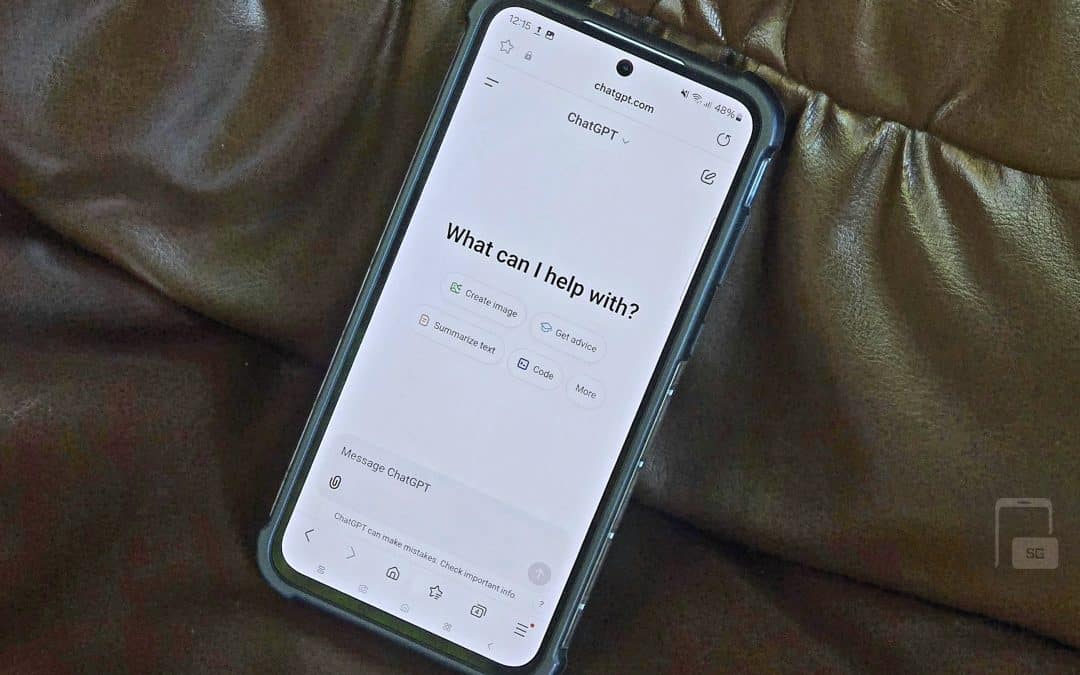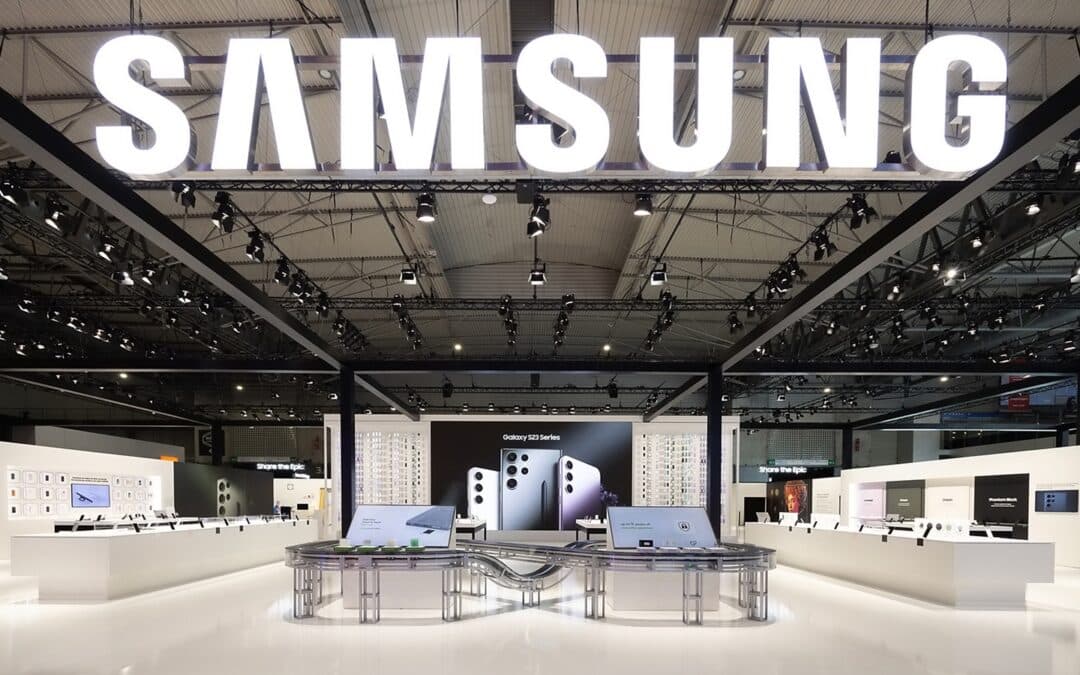Samsung is reportedly developing an all-solid-state battery (some people call it the dream battery) to use in several Galaxy wearable devices, including the next-gen Galaxy Ring. However, due to the high price of all-solid-state batteries and relatively poor sales of the Galaxy Ring, the company may struggle to make it a profitable business. Despite that, the Korean firm is planning to invest in mass production facilities this year to supply prototypes of these batteries and implement them with next year’s Galaxy products.
Samsung could use an all-solid-state battery in the next-generation Galaxy Ring
Last year, Samsung made a tiny all-solid-state battery specially for wearable devices, which could store 200Wh/L of energy. But this year, the company plans to increase the energy density to 360Wh/L, which could be used in the Galaxy Ring 2 later this year.
“Samsung Electro-Mechanics has set a goal of applying all-solid-state battery prototypes to the Galaxy Ring in the fourth quarter of this year, to true wireless earphones (TWS) in the fourth quarter of 2026, and to smartwatches in the fourth quarter of 2027”, an industry insider said (via Money Today).
For the uninitiated, unlike lithium-ion batteries, which use liquid electrolytes, all-solid-state batteries use solid electrolytes, making them safer by reducing the risk of fire. Additionally, these batteries store more energy than regular batteries. However, their manufacturing costs are much higher than those of a lithium-ion battery.
Industry watchers expect that even though Samsung has a plan for mass production of the all-solid-state battery, Galaxy Ring’s low sales will limit its supply. When the Galaxy Ring was first released last year, it attracted fans with its elegant and lightweight design, but now it is gradually losing its popularity, resulting in lower sales. If Samsung implements all-solid-state batteries in its upcoming Galaxy Ring, its price will likely increase further.
Samsung plans to make all-solid-state batteries that can store 400 Wh/L of energy by the end of 2026. The Korean firm could use these batteries in the next-generation Galaxy Buds in Q4 2026. And by the end of 2027, the Galaxy Watch could also use this new battery.






